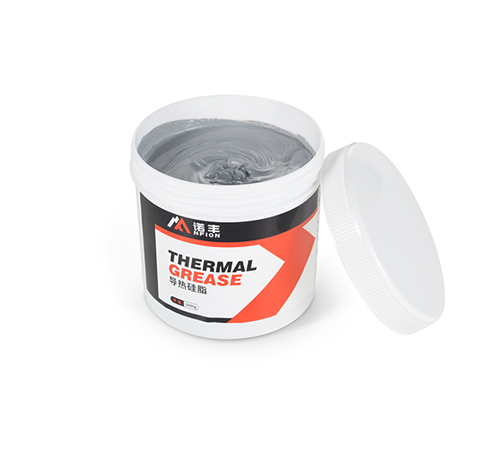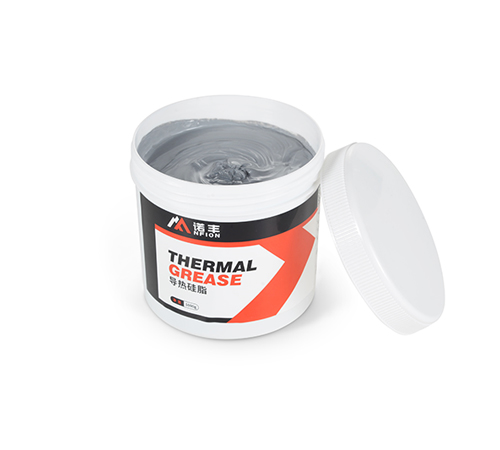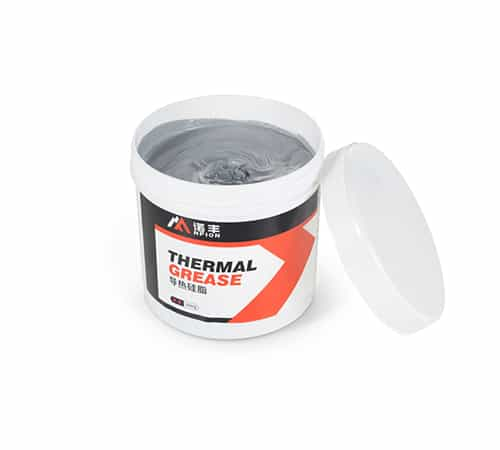With the continuous advancement of industry and technology, many fields are imposing increasingly higher demands on materials. Vacuum grease, as a high-performance lubricant and sealant, plays a crucial role in vacuum environments and high-requirement electronic devices. NFION will provide an in-depth exploration of vacuum grease, discussing its definition, characteristics, functions, applications, and unique features across different fields.
What is Vacuum Grease?
Vacuum grease is a specialized silicone-based lubricant typically composed of silicone oil and silicone powder. Its primary properties include excellent heat resistance, chemical stability, and low volatility, making it particularly suitable for vacuum or high-vacuum environments. Vacuum grease demonstrates outstanding performance in extreme environments, maintaining its lubricating and sealing effects over extended periods without volatilizing or decomposing.
From a compositional standpoint, vacuum grease uses high-purity polydimethylsiloxane as a base oil and incorporates specific fillers to achieve high-temperature stability and excellent lubricity. This formulation ensures stability across a wide temperature range (typically from -50°C to 200°C), making it effective even under extreme conditions.
Characteristics of Vacuum Grease
Vacuum grease is widely used across various applications due to its excellent chemical and physical properties. Its main characteristics include:
1. Low Volatility
Vacuum grease has an extremely low evaporation rate, which means it will not easily volatilize even in high-temperature or vacuum conditions. This feature is particularly important because in a vacuum environment, lubricant volatilization not only contaminates equipment but also affects its proper functioning.
2. High-Temperature Stability
Vacuum grease typically maintains its stable performance across a wide temperature range from -50°C to 200°C. Its molecular structure remains stable without decomposing or deteriorating at high temperatures, meeting lubrication needs under extreme heat.
3. Excellent Lubrication
Thanks to its unique molecular structure, vacuum grease provides exceptional lubrication under low friction, reducing wear on mechanical parts and extending the life of equipment.
4. Chemical Inertness and High Stability
Vacuum grease demonstrates excellent chemical inertness, resisting many corrosive chemicals. This stability is especially valuable in environments like semiconductor and chemical industries where chemical resistance is critical.
5. Superior Electrical Insulation
As an insulating material, vacuum grease is widely applied in electronic equipment, preventing unintended current flow or short circuits between electrical components.
6. Outstanding Sealing Properties
Vacuum grease effectively fills gaps and prevents the infiltration of gases or moisture, maintaining stable operation in vacuum or sealed environments.
These characteristics enable vacuum grease to perform exceptionally in demanding environments, making it an indispensable sealing and lubricating material in industrial, aerospace, and electronics sectors.
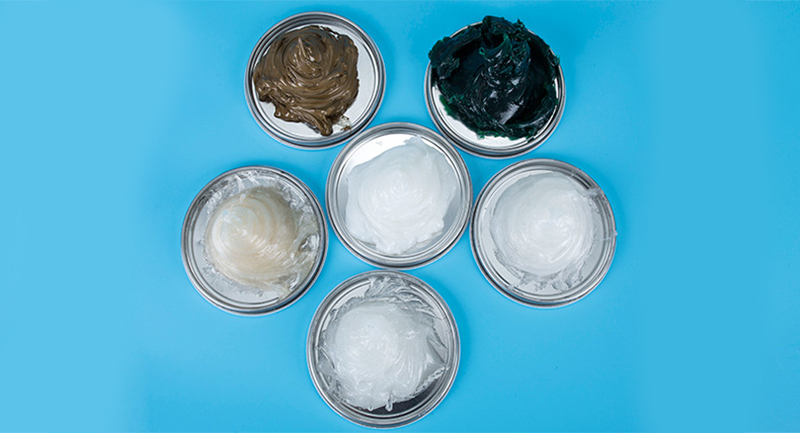
Functions of Vacuum Grease
The primary functions of vacuum grease are as follows:
1. Lubrication
In vacuum or ultra-low-pressure environments, vacuum grease provides reliable lubrication. Its molecular structure maintains stable lubricating performance, reducing friction and wear and extending equipment lifespan. Traditional lubricants tend to volatilize or fail in a vacuum, but vacuum grease effectively overcomes these issues.
2. Sealing
In vacuum environments, gas leakage can lead to performance degradation or even equipment failure. Vacuum grease, as a sealant, can fill interface gaps to effectively prevent gas leakage, ensuring low-pressure or vacuum conditions within the equipment. Its low volatility and chemical stability allow it to maintain good sealing performance over extended periods.
3. Moisture and Oxidation Prevention
Vacuum grease effectively isolates moisture and oxygen, preventing the oxidation and corrosion of electronic components or metal parts. In precision instruments, in particular, vacuum grease extends component lifespan and maintains long-term stability.
4. Corrosion Resistance and Electrical Insulation
Vacuum grease exhibits excellent corrosion resistance and electrical insulation, protecting equipment and components in harsh environments. Its insulation properties make it suitable for isolating electronic components and preventing accidental current flow and short circuits.
Primary Applications of Vacuum Grease
The excellent properties of vacuum grease have enabled its wide application in many fields, mainly including:
1. Semiconductor and Electronics Industry
In semiconductor manufacturing, vacuum grease is often used for sealing and lubrication of vacuum systems. For example, vacuum pumps and electron microscopes, which require operation in low-pressure or vacuum environments, rely on vacuum grease for sealing due to its low volatility and high-temperature resistance. Additionally, vacuum grease is used for moisture and insulation protection of electronic components, ensuring stable operation in high-humidity or corrosive environments.
2. Aerospace and Aviation
Spacecraft, satellites, and other high-altitude devices operate in near-vacuum conditions, requiring highly demanding lubricants and sealants. Vacuum grease does not decompose or volatilize under extreme temperatures and vacuum conditions, providing long-lasting lubrication and sealing for these devices. For example, in the bearings and joints of spacecraft, vacuum grease effectively reduces friction and wear, ensuring long-term stable operation.
3. Laboratory and Research Equipment
Many laboratories and research devices require high-vacuum working conditions, such as vacuum dryers, laboratory vacuum systems, and spectrometers. The sealing and leak-proof capabilities of vacuum grease help ensure the airtightness of equipment. Additionally, in certain experimental processes, vacuum grease can prevent chemical volatilization, protecting equipment from contamination.
4. Optical and Precision Equipment
Optical instruments, such as microscopes, telescopes, and laser devices, have high requirements for protection and lubrication. Vacuum grease can prevent the intrusion of dust, moisture, and oxygen, keeping optical lenses and other precision components clean and stable. In vacuum-operated optical equipment, the low volatility of vacuum grease reduces lens contamination, enhancing image clarity.
5. Automotive and Machinery Manufacturing
Vacuum grease provides reliable lubrication and sealing for the transmission and braking systems in vehicles and various seals, improving system stability and lifespan. In machinery manufacturing, vacuum grease is widely used in bearings and gears requiring long-term operation, effectively reducing friction and wear.
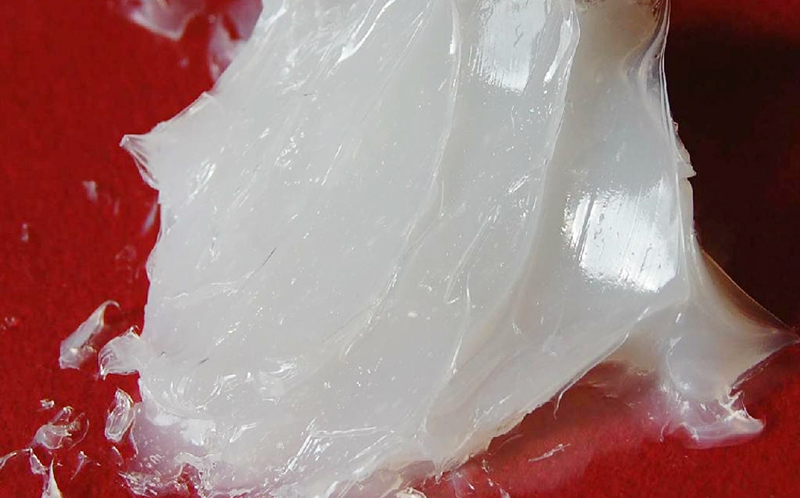
Key Considerations for Selecting and Using Vacuum Grease
When selecting and using vacuum grease, consider the following factors:
1. Temperature Range
Choose suitable vacuum grease based on the temperature range of the application environment to ensure stable lubrication performance under extreme temperatures.
2. Volatility
The lower the volatility of vacuum grease, the more suitable it is for high-vacuum environments, as it avoids pollution problems caused by volatilization.
3. Compatibility with Materials
Different equipment materials have different properties, so select vacuum grease compatible with equipment materials to avoid corrosion or aging caused by incompatibility.
4. Application Environment
In certain chemical environments, such as strong acids or bases, consider the chemical stability and corrosion resistance of vacuum grease.
Conclusion
As a highly efficient lubricating and sealing material, vacuum grease exhibits outstanding performance in vacuum and extreme conditions. In semiconductors, aerospace, laboratory equipment, and optical instruments, vacuum grease provides indispensable lubrication and protection. With ongoing advancements in technology, the range of applications for vacuum grease will continue to expand, and its performance will further improve. For engineers and technical personnel in relevant industries, the proper selection and use of vacuum grease can significantly enhance equipment reliability and lifespan.
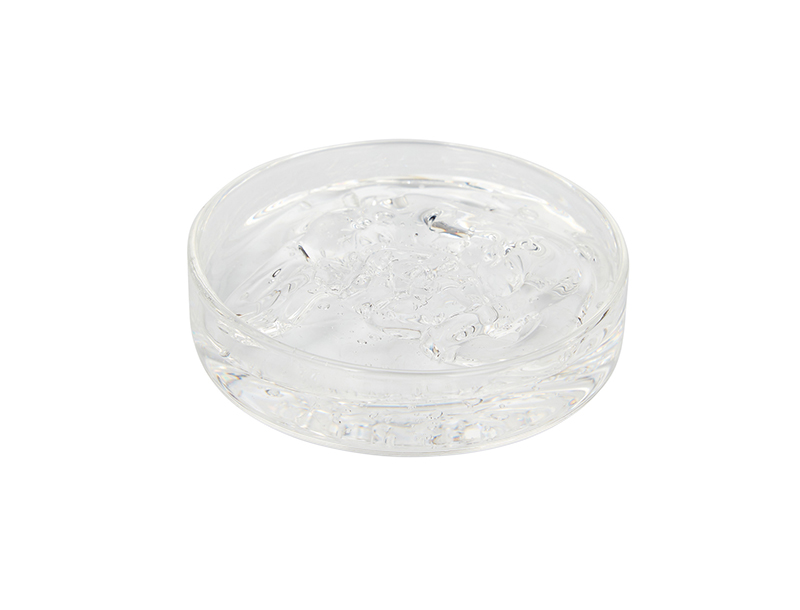


 CN >
CN >
